
Dr. Barry Marshall: The Scientist Who Transformed Ulcer Treatment and Changed Modern Medicine
Dr. Barry Marshall: The Scientist Who Transformed Ulcer Treatment and Changed Modern Medicine
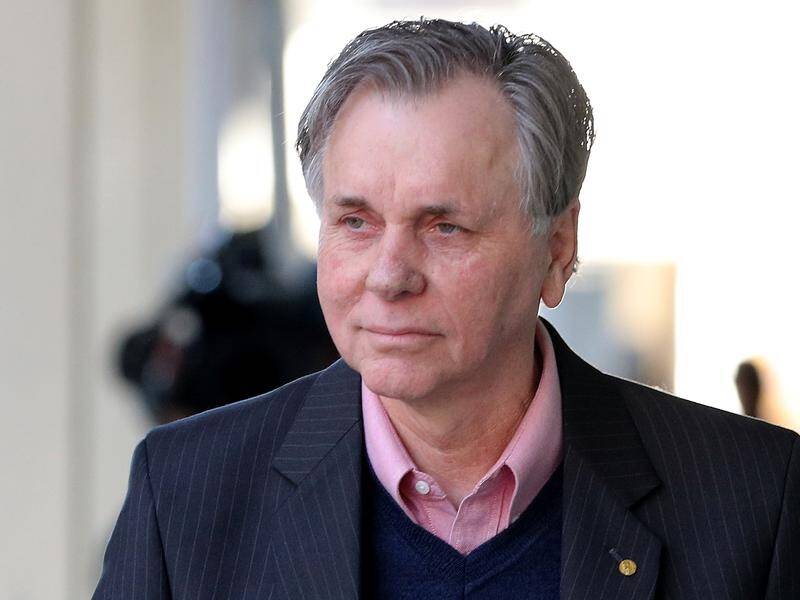
During the early 1980s, stomach ulcers were one of the most common digestive problems, yet their true cause remained misunderstood. Most doctors at the time believed ulcers came from stress, spicy foods, or unhealthy lifestyle habits. Treatments focused mainly on antacids, strict diets, or even surgery for severe cases. But everything changed when Dr. Barry Marshall and his colleague Dr. Robin Warren, two Australian researchers, made a groundbreaking discovery that challenged decades of medical belief.
While studying stomach tissue samples, the pair identified a spiral-shaped bacterium called Helicobacter pylori (H. pylori). They noticed that patients with chronic gastritis and stomach ulcers consistently had this bacterium in their stomach lining. Their theory was bold for the time: a bacterial infection—not stress—was causing ulcers. This idea went against nearly every textbook and faced strong resistance from the medical community, which believed bacteria could not survive in the acidic environment of the stomach.
To prove the connection once and for all, Dr. Marshall took an extraordinary step. In 1984, he intentionally drank a live culture of H. pylori, hoping to demonstrate that the bacteria could indeed cause disease. Within days, he developed clear symptoms of gastritis: stomach pain, nausea, and inflammation. Afterward, he treated himself using antibiotics, successfully eliminating the infection. This real-world demonstration became one of the most famous self-experiments in medical history.
Marshall’s bold action provided undeniable evidence that H. pylori was the true cause of peptic ulcers. As a result, treatment shifted dramatically from long-term antacid use and surgery to effective antibiotic therapy, which could permanently cure most ulcer cases. This breakthrough not only relieved millions of patients from chronic pain but also reduced the long-term risk of stomach cancer, a serious complication linked to untreated H. pylori infection.
Although his findings faced skepticism at first, global medical organizations soon accepted the new evidence. Over time, Marshall and Warren’s work became the foundation of modern gastrointestinal medicine. Their pioneering research was recognized at the highest level when they received the Nobel Prize in Physiology or Medicine in 2005.
Today, Dr. Barry Marshall continues his work in medical research, exploring different strains of H. pylori and their potential roles in future therapies, including immune system regulation. His discoveries continue to inspire young scientists, doctors, and health innovators around the world, proving that curiosity, persistence, and courage can reshape modern healthcare.
Trusted Sources (reputable organizations reporting on Barry Marshall & H. pylori research)
-
NobelPrize.org – Official Nobel Prize biography and scientific summary of Marshall & Warren’s discovery.
-
Centers for Disease Control and Prevention (CDC) – Information on H. pylori, ulcer risks, and treatment guidelines.
-
World Health Organization (WHO) – Classification of H. pylori as a major infectious agent linked to gastric cancer.
-
The Lancet – Peer-reviewed clinical studies on H. pylori and ulcer treatment.
-
British Medical Journal (BMJ) – Historical analysis of Marshall’s self-experimentation and its scientific impact.
-
Harvard Medical School Health Publishing – Educational articles explaining ulcer causes and antibiotic treatments.
News in the same category


When your non-stick pan loses its coating, don’t throw it away—do this and it will look new again

Dr. Paulo de Valdoleiros: The South African Doctor Redefining Accessible Healthcare
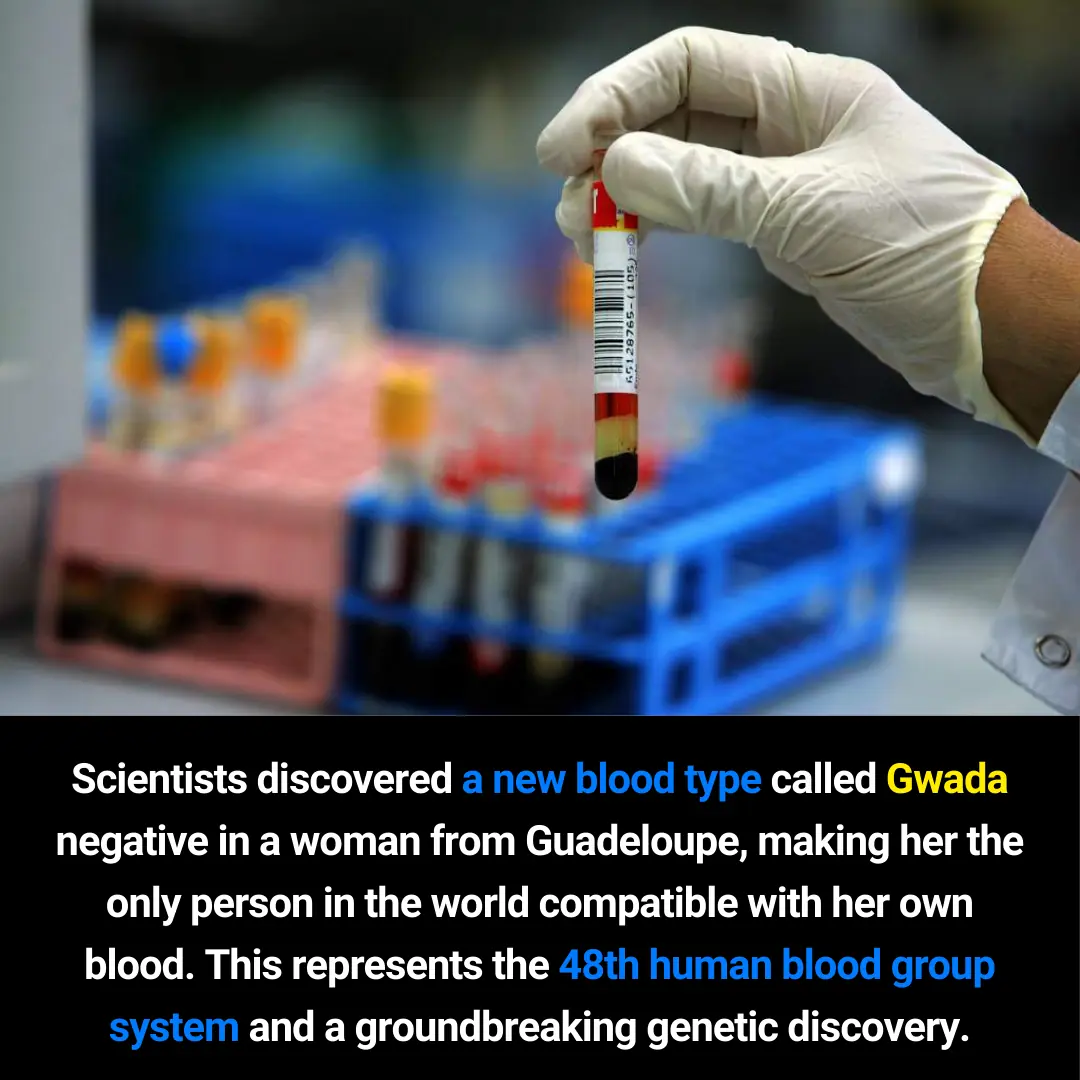
Gwada Negative: The 48th Human Blood Group and an Extraordinary Genetic Discovery

Incredible Survival Story: The Man Who Turned His Broken Car Into a Motorcycle in the Moroccan Desert

A Heartfelt Moment in Morristown: The Viral Message That Honors Healthcare Heroes and Celebrates Human Kindness

Boyan Slat and the Journey to Create The Ocean Cleanup: From a 16-Year-Old’s Idea to a Global Mission to Clean the Oceans

Scientists Reactivate the Brain’s Self-Cleaning System, Hinting at a Breakthrough for Alzheimer’s
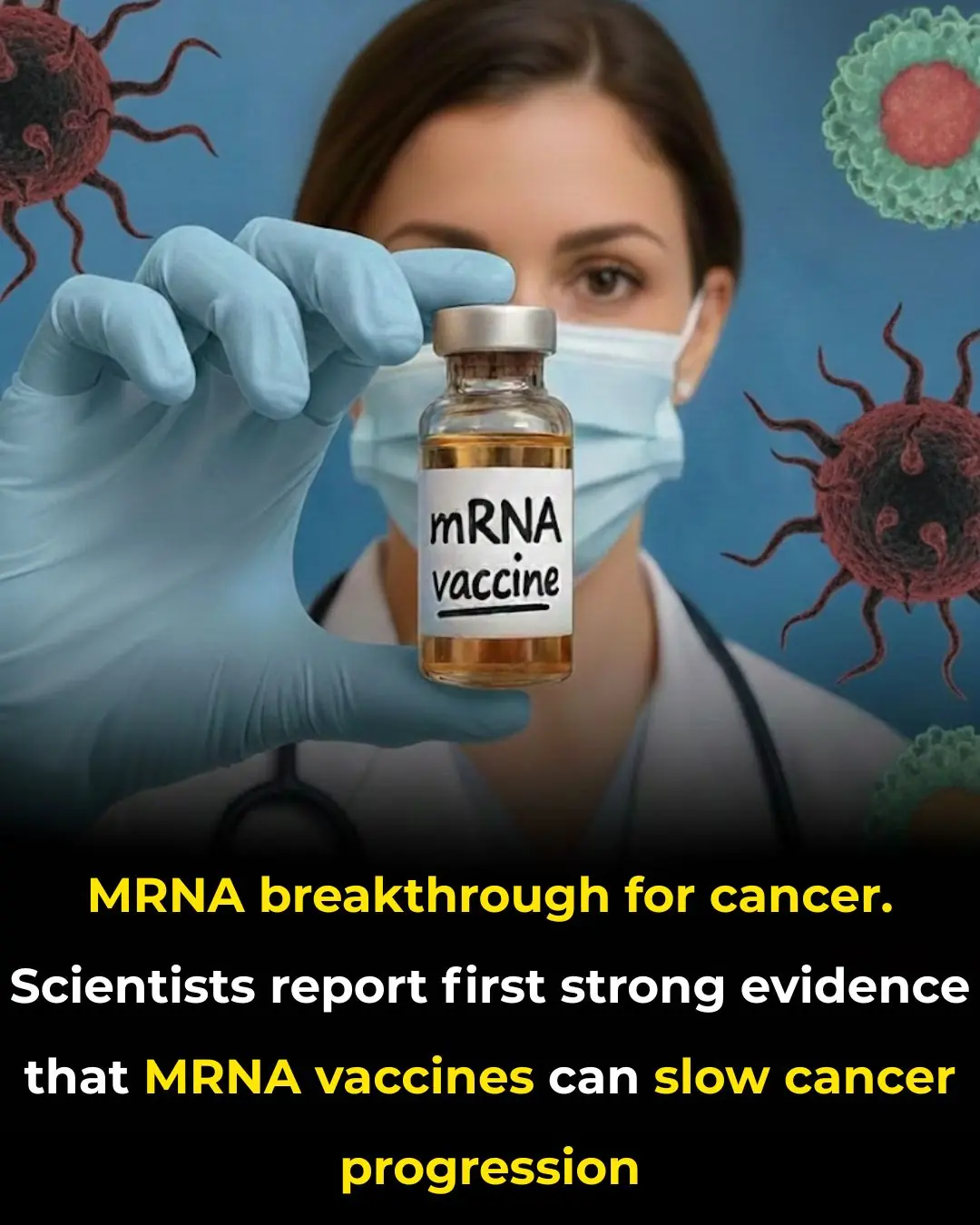
mRNA Vaccines Show Early Evidence of Slowing Cancer Progression

The Real Crime Is Hunger: A Judge’s Moral Verdict on a Child’s Desperation

Injectable Gel Breakthrough Brings New Hope for Nerve Regeneration

Goodbye Synthetic Dyes: Doritos Join the Push for Cleaner, Transparent Ingredients
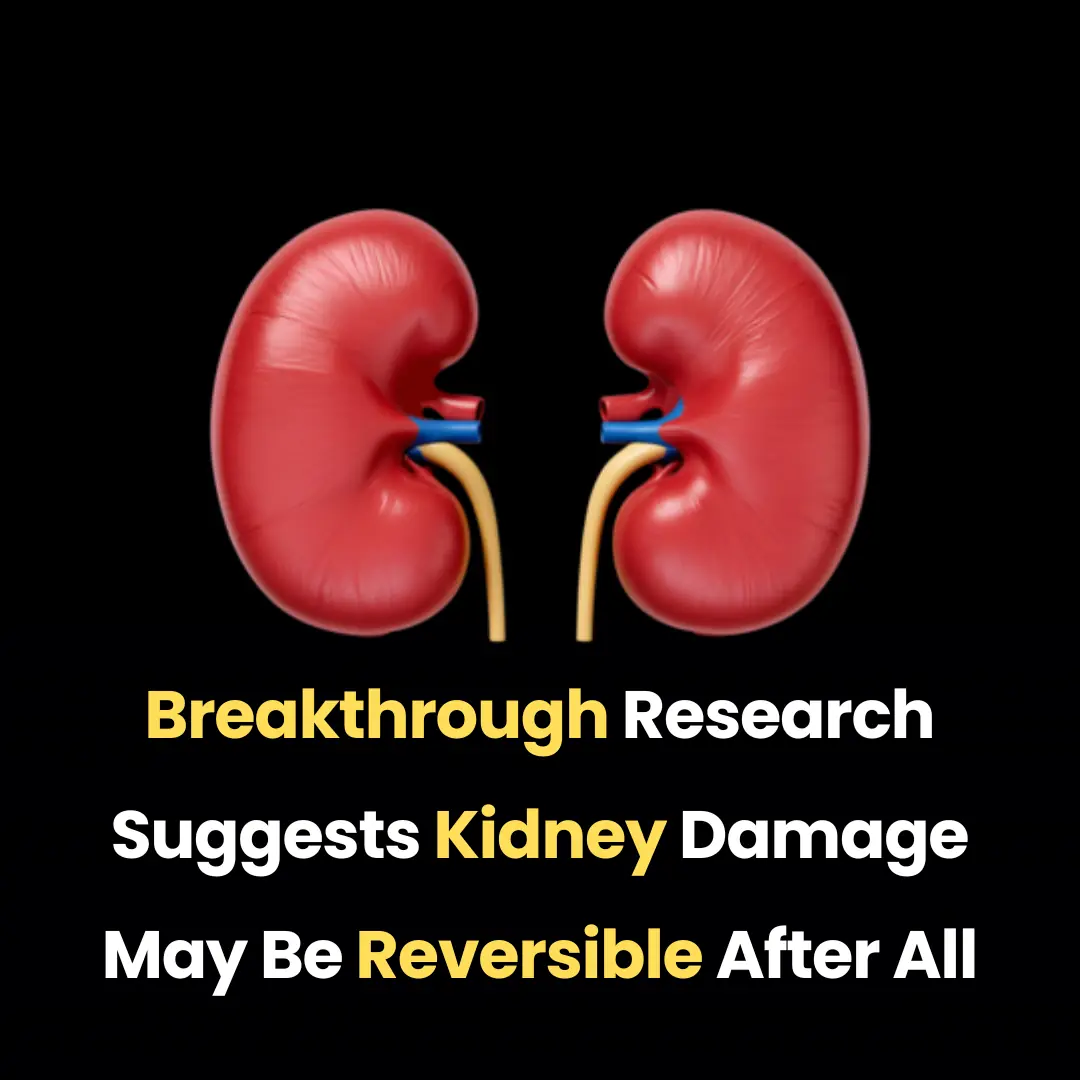
Breakthrough Research Suggests Kidney Damage May Be Reversible After All
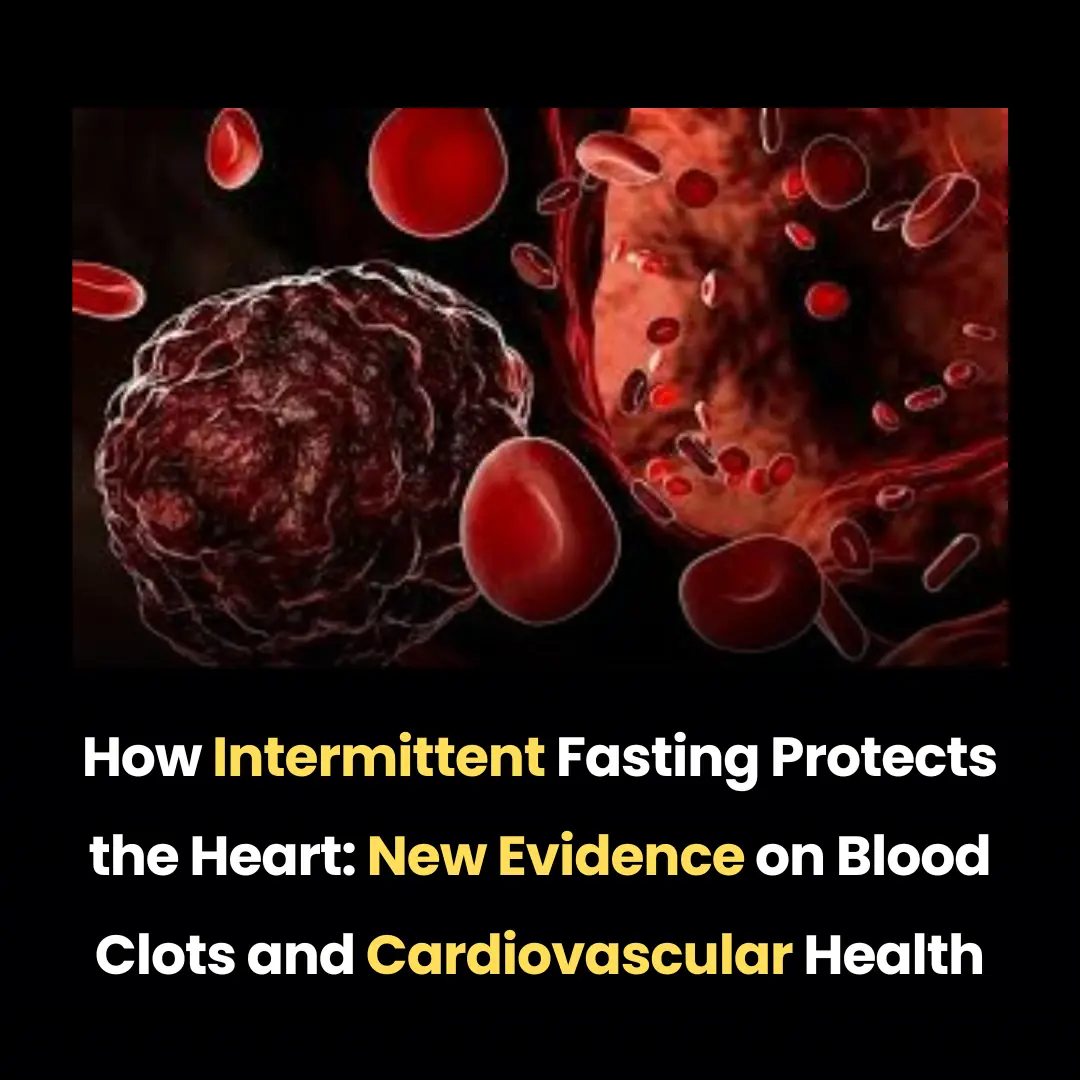
How Intermittent Fasting Protects the Heart: New Evidence on Blood Clots and Cardiovascular Health

New Evidence Links Hepatitis C to Brain Pathways in Mental Illness

If You See a Woman Wearing a Wedding Ring On Her Pinky, Here's What It Means

Reinventing Renewable Energy: Germany Launches Compact Turbine for Off-Grid Power
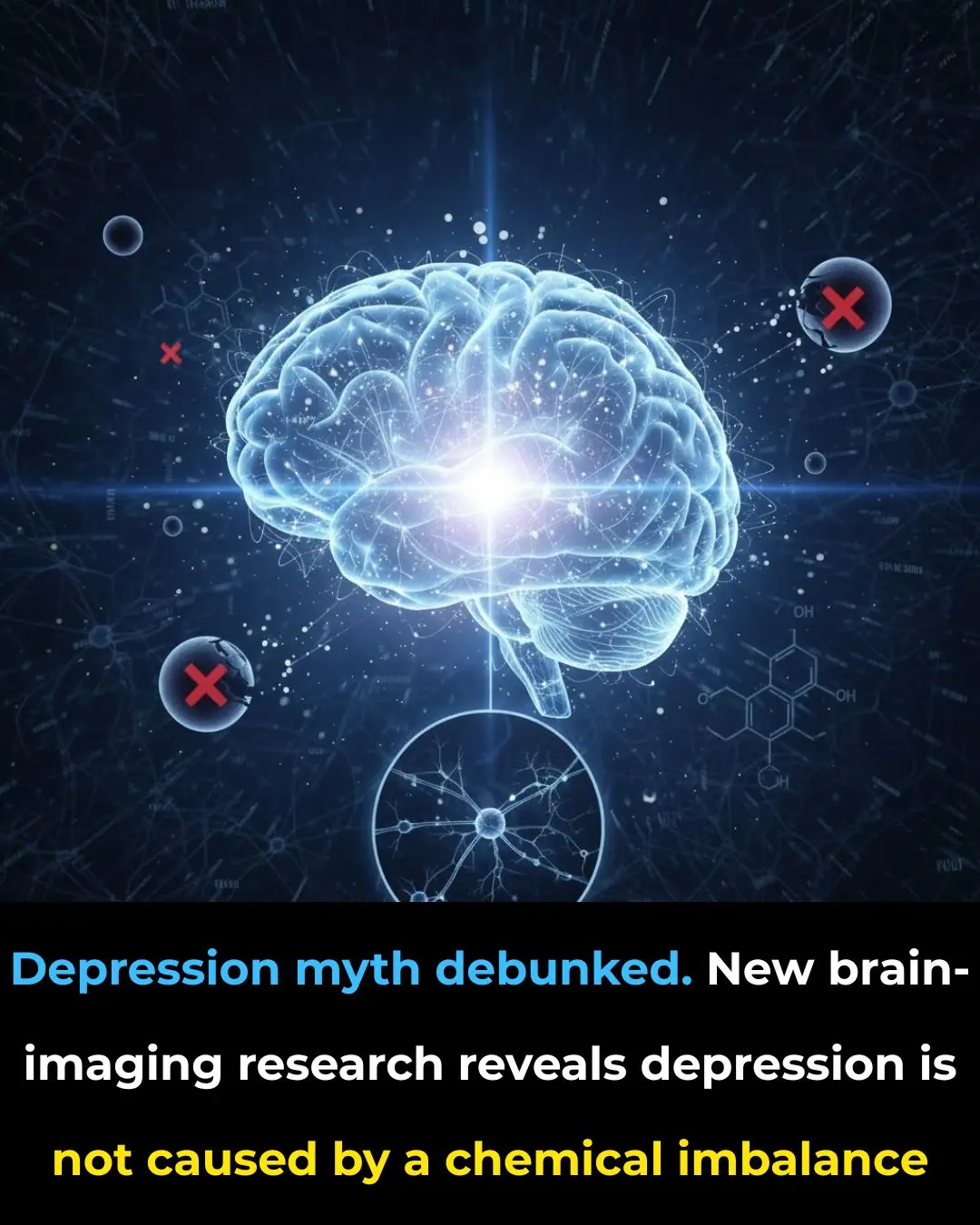
Rethinking Depression: New Brain-Imaging Research Reveals It’s More Than a Chemical Imbalance

Seventeen Years Lost: How a Look-Alike Helped Free an Innocent Man
News Post
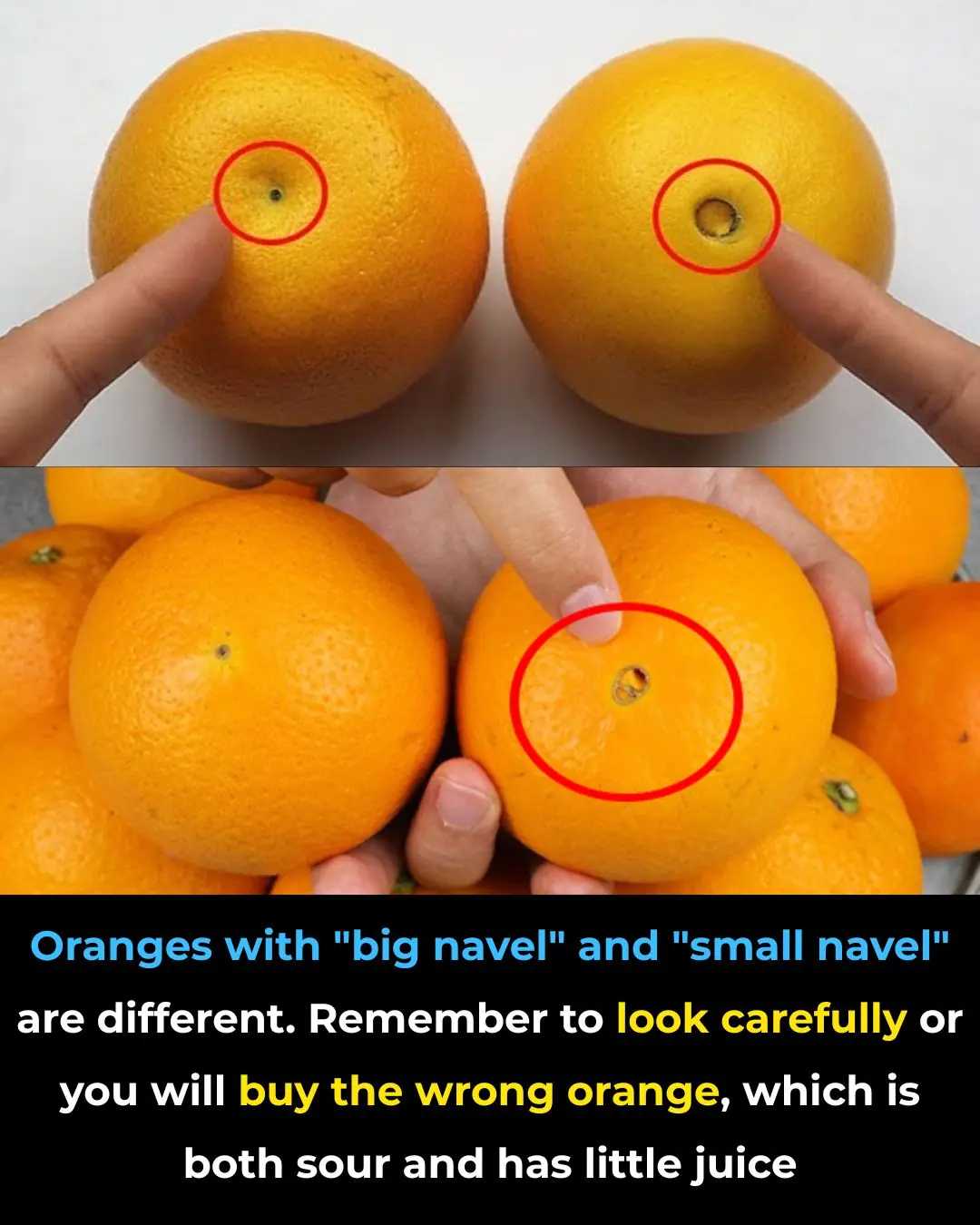
Large Navel Oranges vs Small Navel Oranges

🩺 Be Aware: If You Notice This Skin Change, It Could Be Skin Cancer — Here’s What to Look For
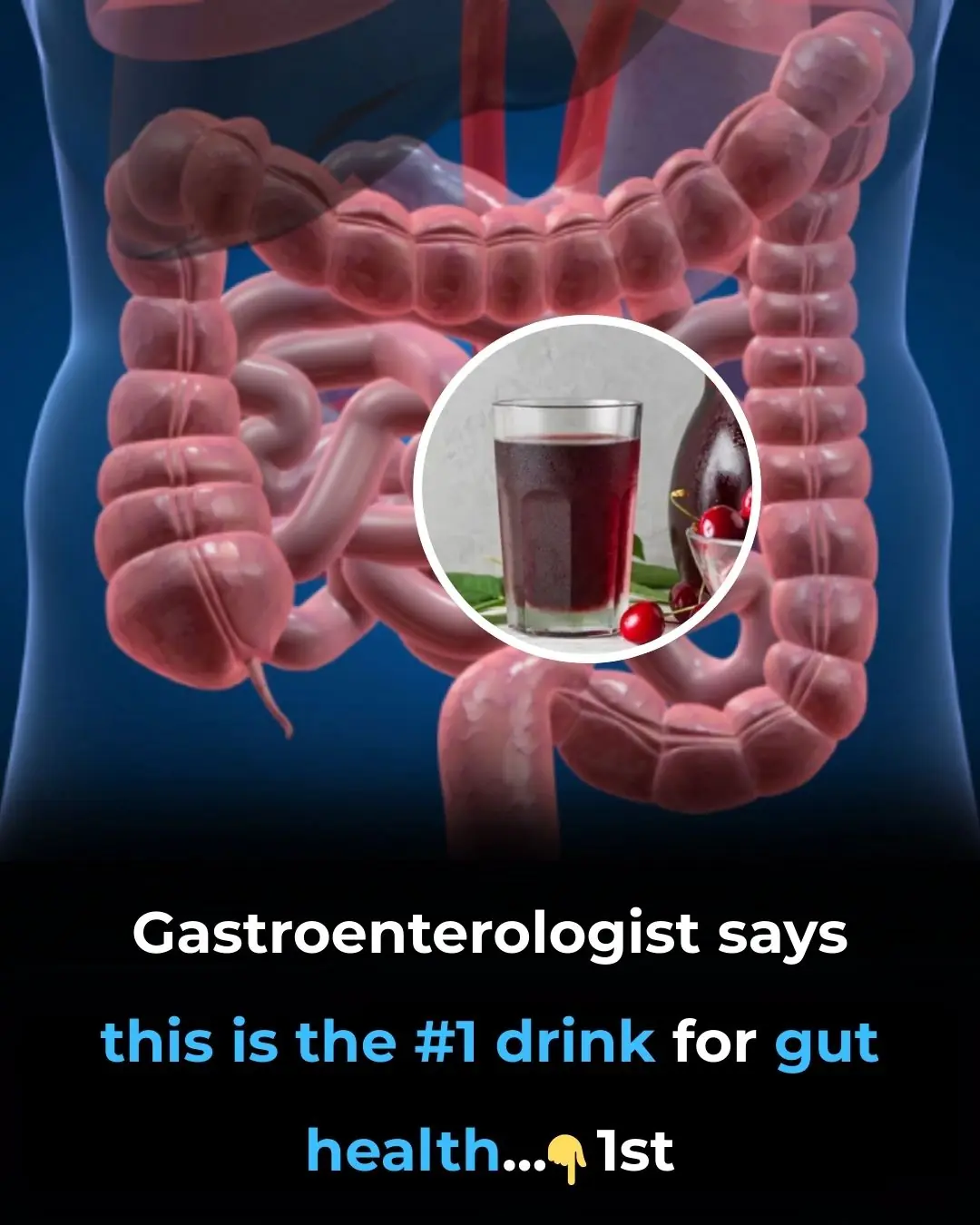
Gastroenterologist says this is the #1 drink for gut health
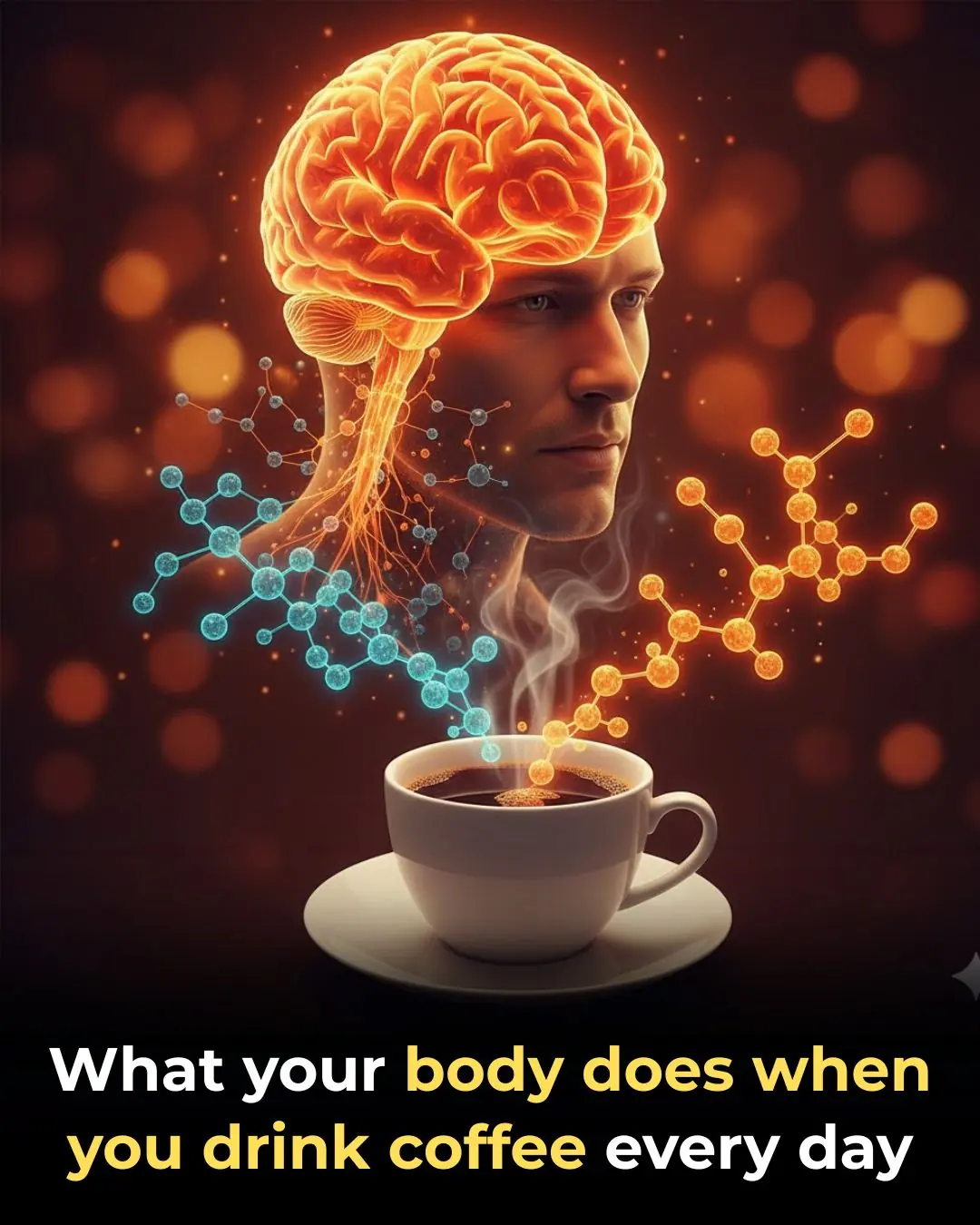
What your body does when you drink coffee every day
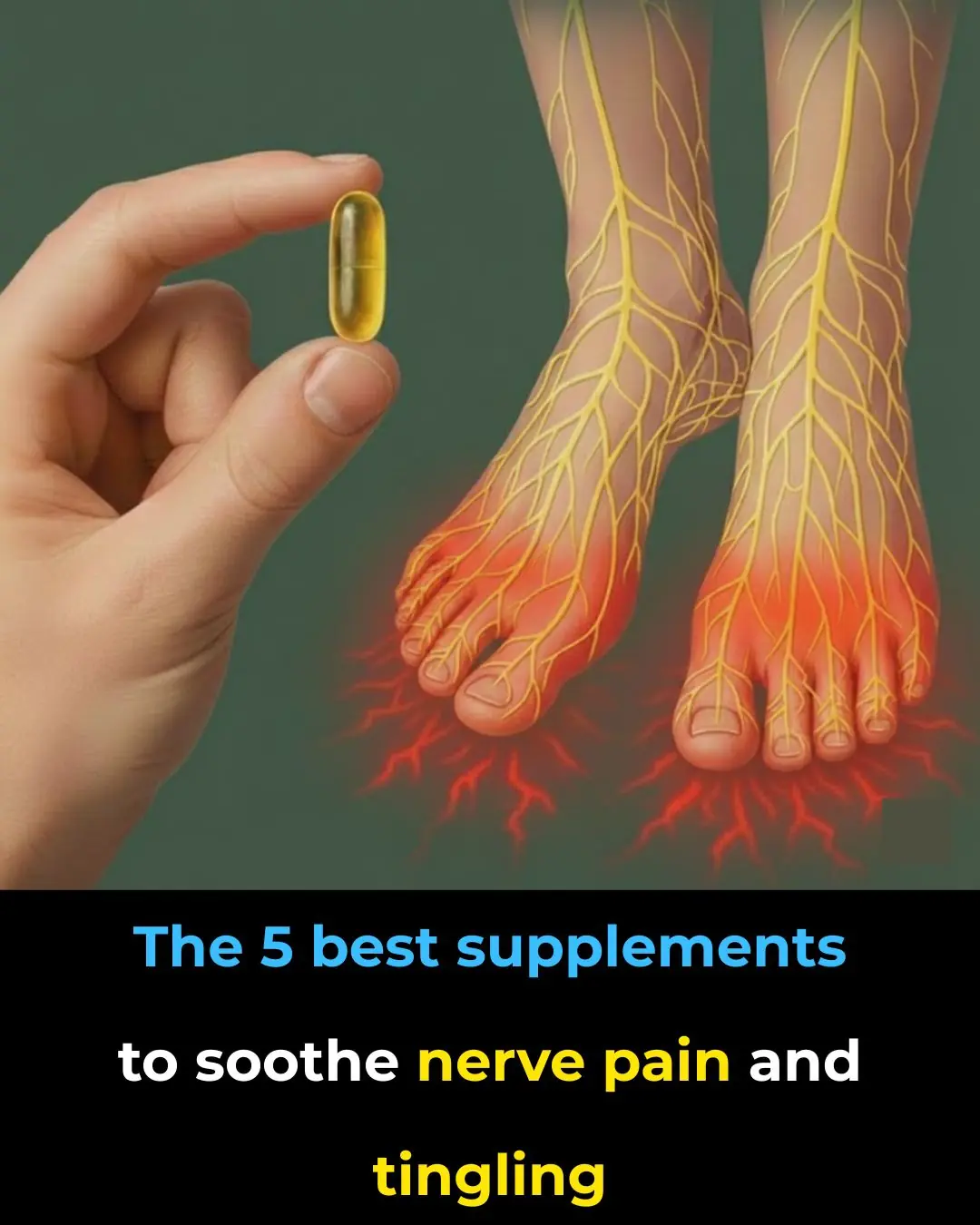
The 5 best supplements to soothe nerve pain and tingling
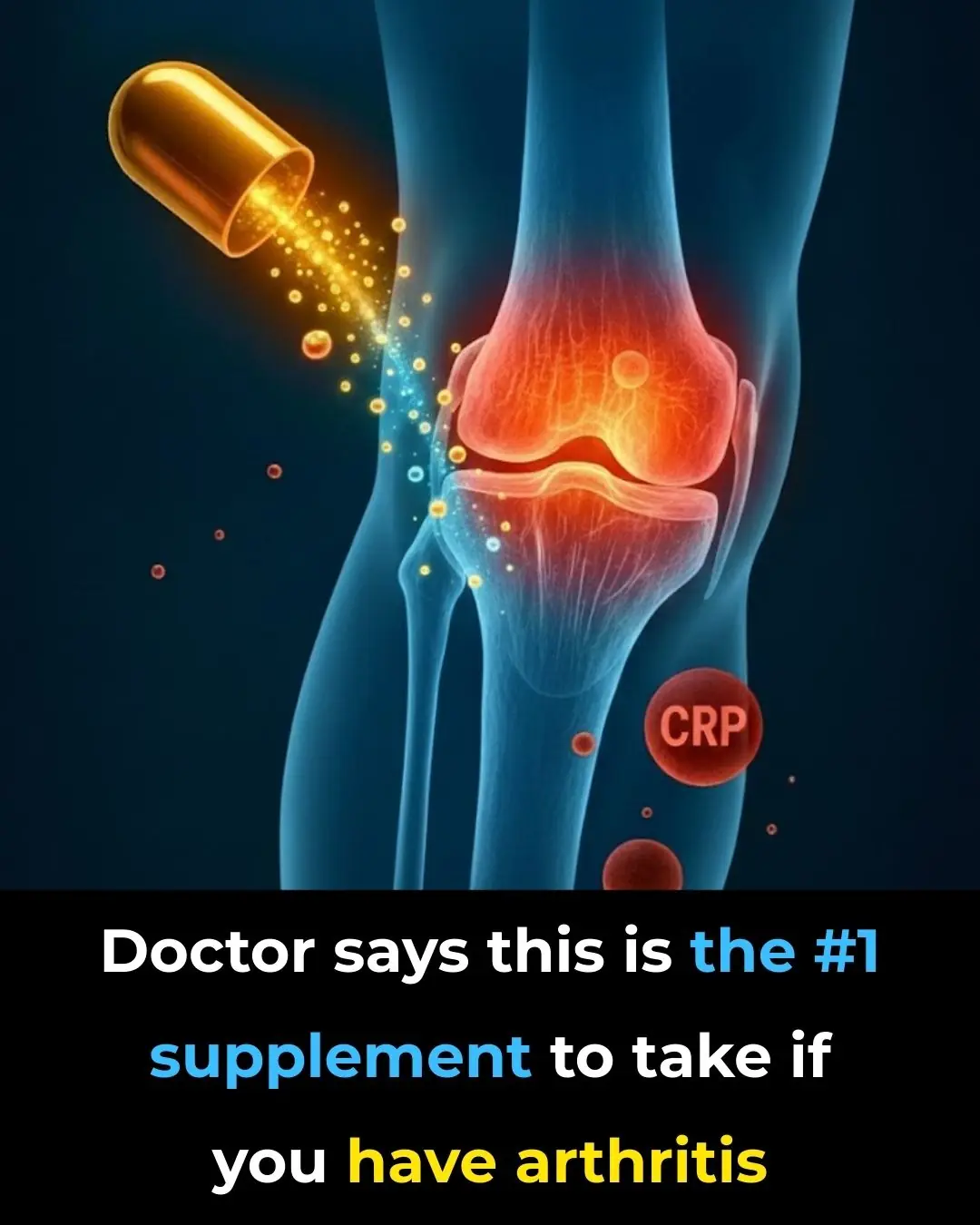
Doctor says this is the #1 supplement to take if you have arthritis

Good to know!

I had no idea

Works like a charm

Stop blood sugar spikes—enjoy carbs without the crash!
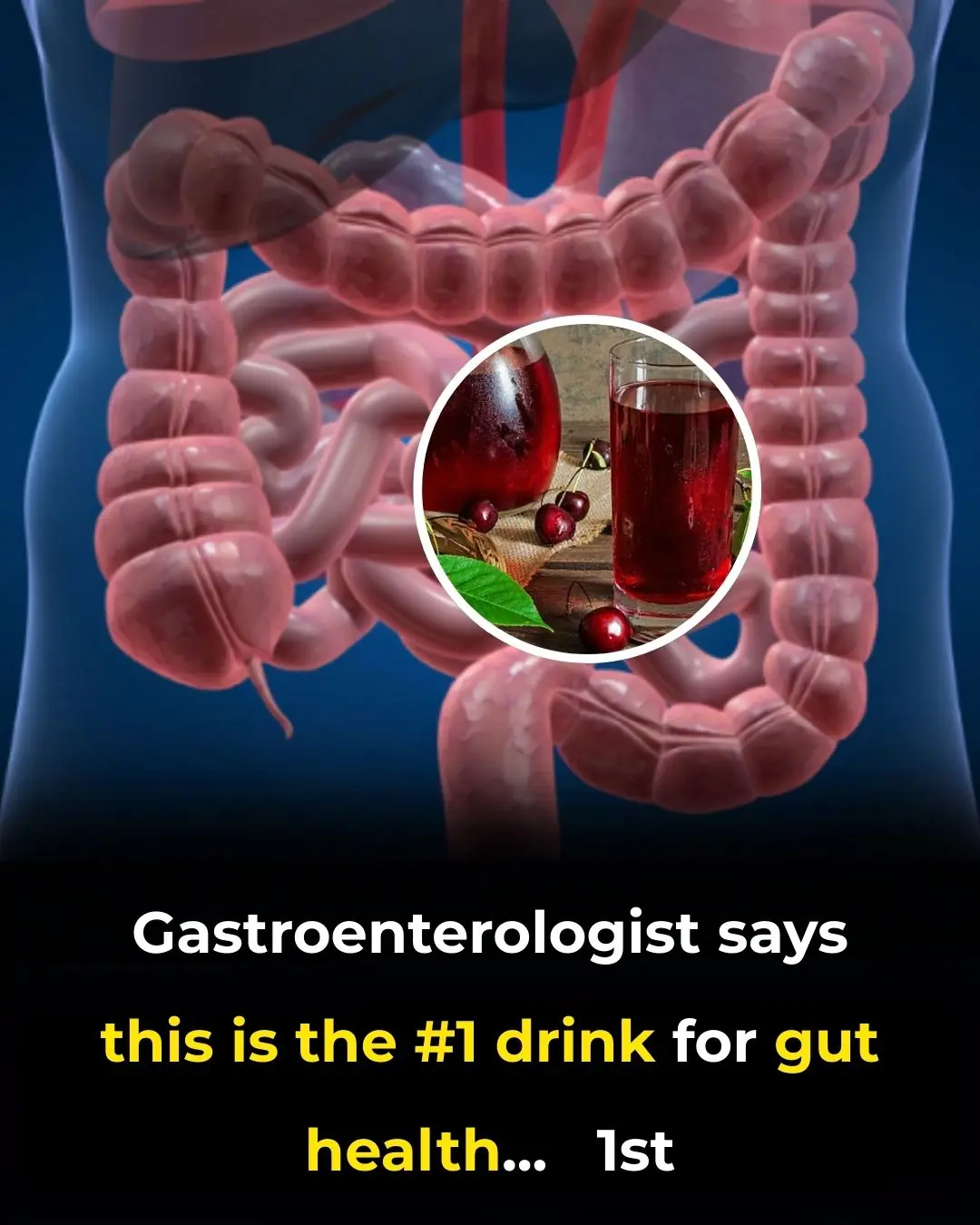
Gastroenterologist says this is the #1 drink for gut health

6 Types of Warts (Signs, Symptoms, Home Remedies, and Treatment)

Educational Summer Camp ‘HBCYouth’ Is Bringing the Next Generation to HBCU Campuses
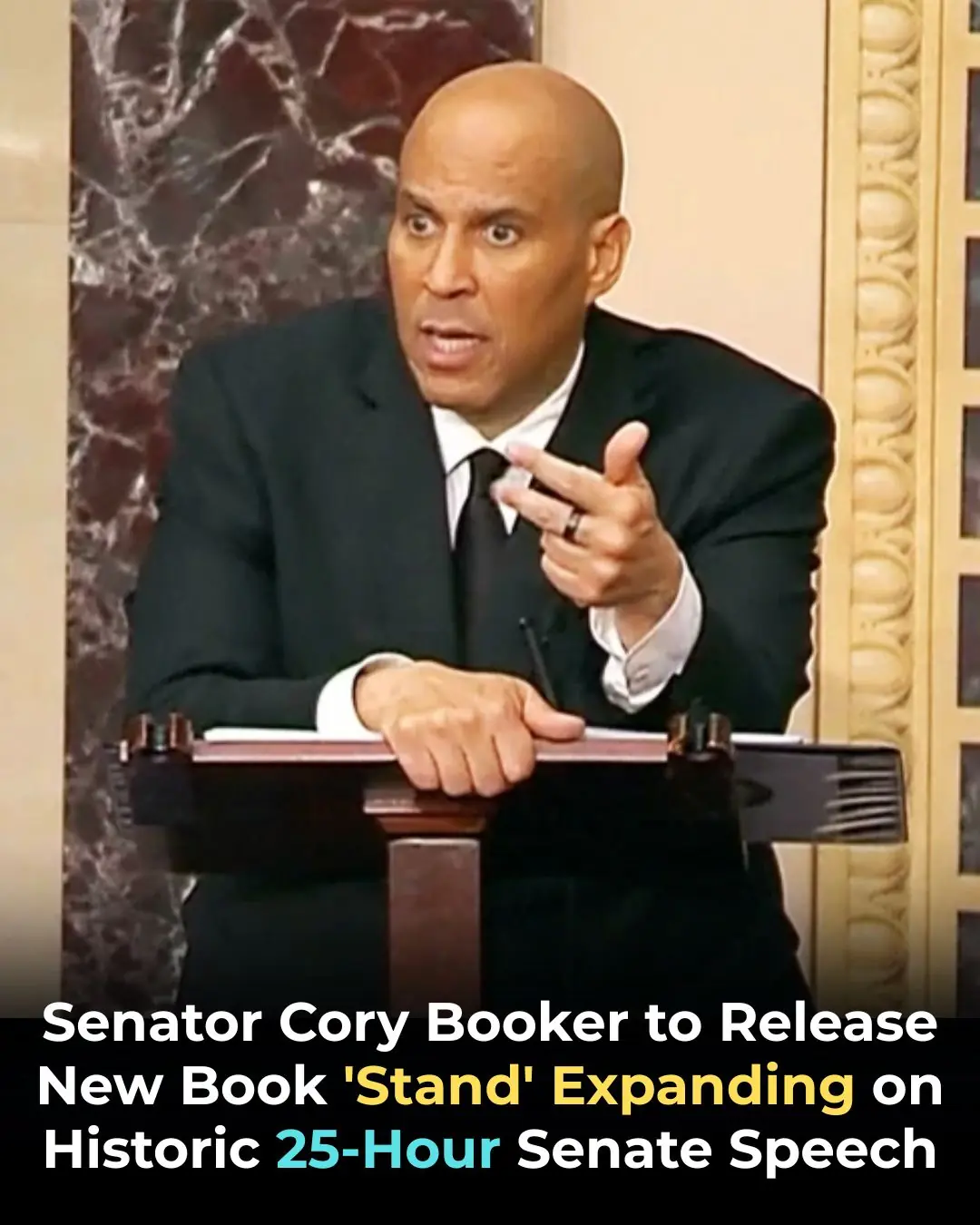
Senator Cory Booker to Release New Book ‘Stand’ Expanding on Historic 25-Hour Senate Speech
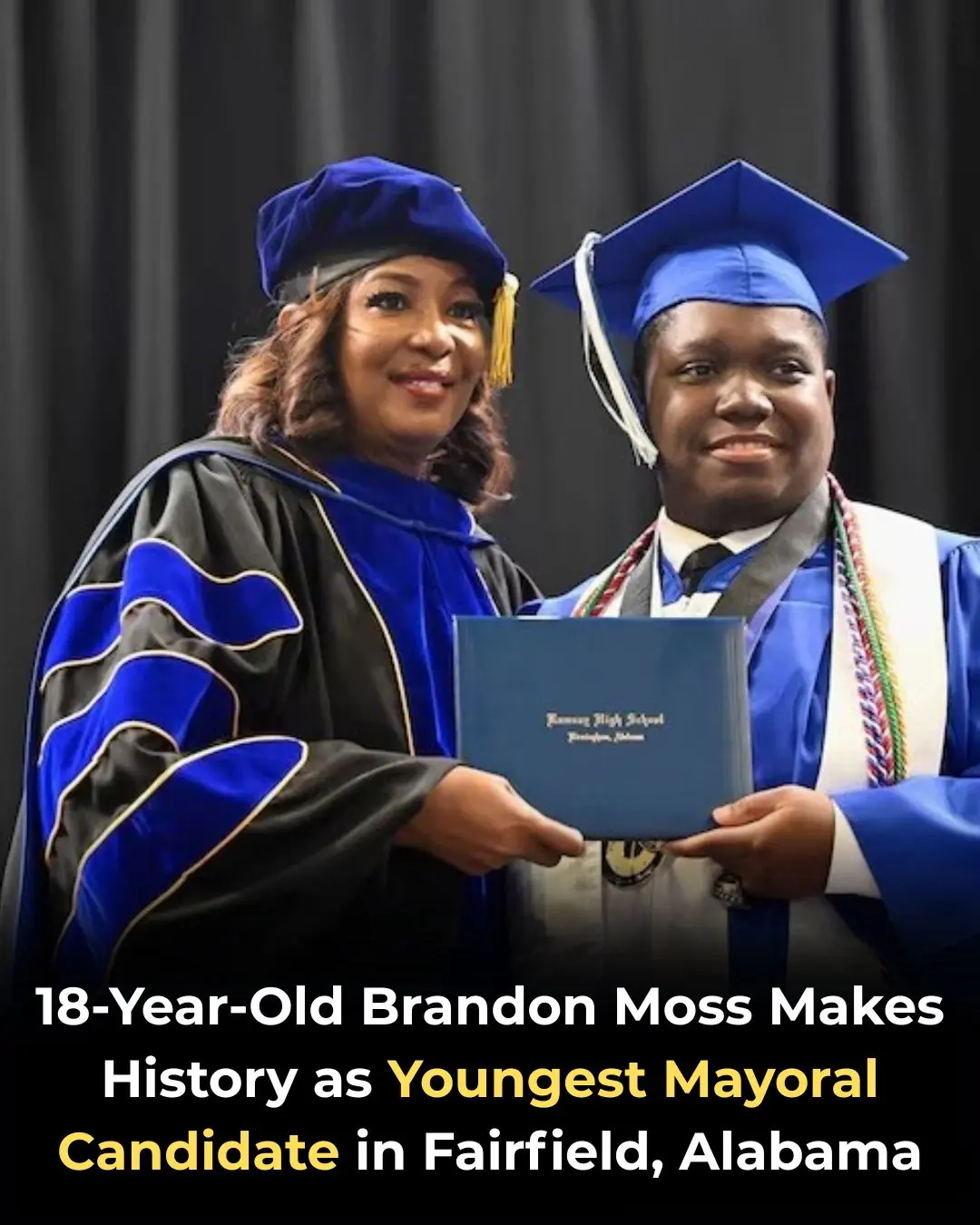
18-Year-Old Brandon Moss Makes History as Youngest Mayoral Candidate in Fairfield, Alabama

Many experts warn that this food may increase health dangers — stop eating it now!
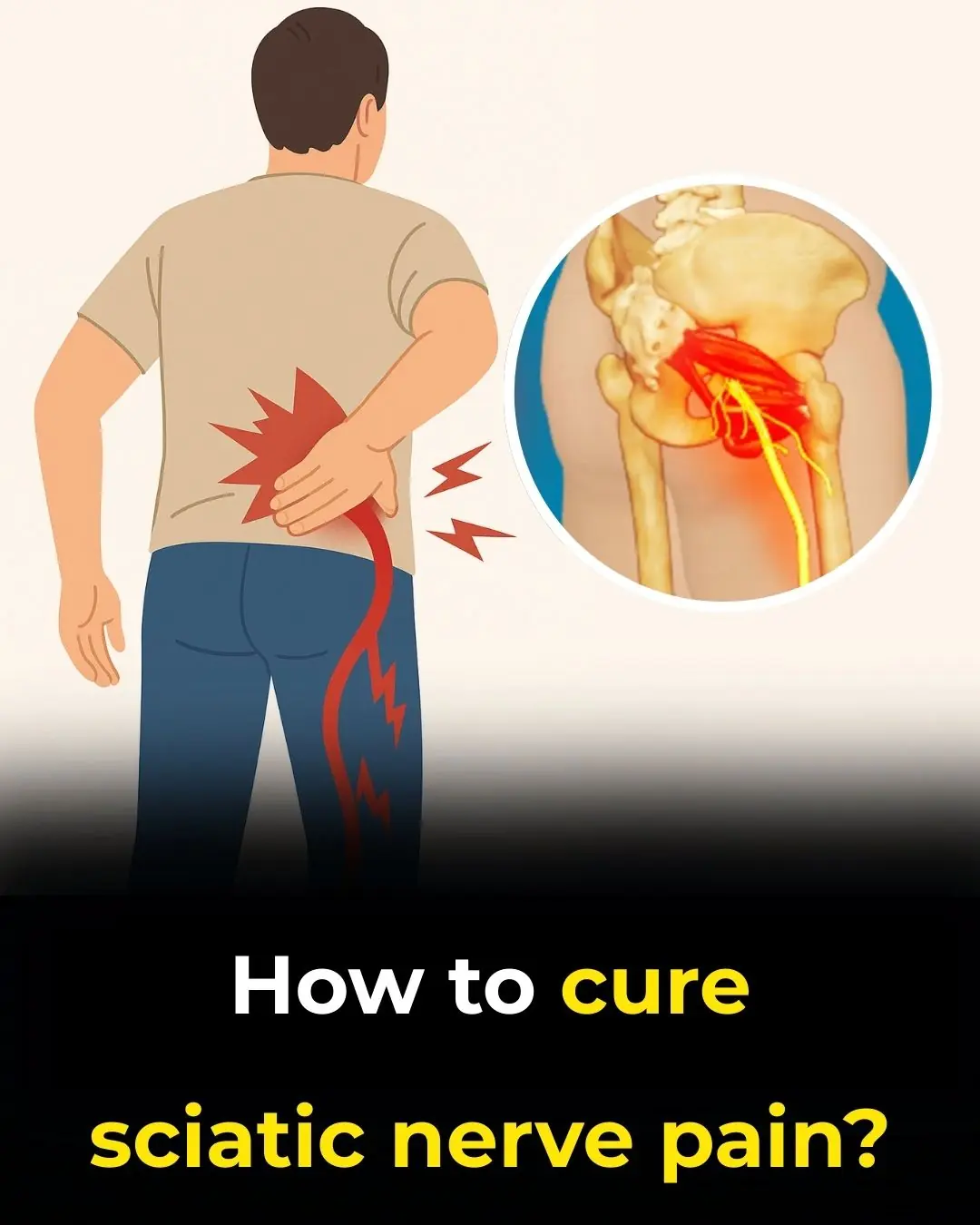
Gentle Stretches to Relieve Sciatica Pain

Think Twice Before Putting Parchment Paper in the Oven

Georgia Teen Accepted to 53 Colleges With $1.8M in Scholarships, Inspired by Her Parents’ Legacy
